IMMEDIATE VACANCY: Canadian Finance Minister
Chrystia Freeland’s unexpected resignation from her role as Canada’s finance minister has sent ripples through political and economic circles, raising questions about the future of Canada’s economy and its currency. With Freeland widely regarded as a steady hand in turbulent times, her departure introduces a new layer of uncertainty to Canada’s fiscal landscape.
Canadians Right now:
Why Freeland’s Resignation Matters
Freeland played a critical role in steering Canada through the economic challenges of the pandemic and rising inflation. Markets value stability, and the loss of a trusted figure like Freeland can create volatility. The Canadian dollar (CAD), in particular, may feel the impact, as currency values are closely tied to investor confidence and economic outlooks.
1. Political Uncertainty = Currency Volatility
Freeland’s resignation raises concerns about Canada’s political stability. With the NDP urging Prime Minister Justin Trudeau to step down and hinting at a possible election, investors may brace for a period of uncertainty. Historically, political instability can weaken a currency. For instance, during the 2021 federal election, CAD saw increased volatility as markets assessed potential policy shifts.
2. Fiscal Policy in Question
Freeland’s departure opens the door for a new finance minister with potentially different fiscal priorities. If the incoming leadership leans toward increased spending, it could elevate Canada’s debt levels, which might erode confidence in CAD. Conversely, if austerity measures are implemented, they could strengthen CAD but risk slowing economic growth.
3. External Pressures on the CAD
The Canadian dollar is already under pressure from external factors, including a strong U.S. dollar and fluctuating oil prices. Freeland’s steady leadership was a counterbalance to these pressures, ensuring that Canada remained an attractive option for investors. Her exit could amplify these challenges, particularly if markets perceive Canada’s economic strategy as less robust.
The Numbers to Watch
CAD/USD Exchange Rate: CAD has been trading around 1.39 to 1.41 against the USD in recent weeks. Today’s turmoil has now pushed it north of 1.42, an ugly number for CAD sellers.
Bond Yields: Canadian government bond yields are a good indicator of market confidence. A spike in yields could signal concerns about fiscal management, which might weaken CAD.
Oil Prices: As a commodity currency, CAD is sensitive to oil prices. If political instability impacts energy policy, it could exacerbate volatility in the currency.
Potential Scenarios for the Canadian Dollar
Short-Term Weakness: Markets dislike uncertainty, and Freeland’s resignation could lead to a temporary dip in CAD as investors wait for clarity on fiscal policy and leadership.
Election Fallout: If Trudeau steps down and a snap election is called, CAD could face additional pressure. Elections often bring the potential for significant policy changes, which can be unsettling for markets.
A New Direction: If the incoming finance minister reassures markets with a clear and responsible economic plan, CAD could stabilize or even strengthen.
What This Means for Canadians and Businesses
For Canadians, a weaker CAD could make imports more expensive and fuel inflation, hitting consumers’ wallets. Businesses reliant on cross-border trade may face higher costs, particularly for goods priced in USD. On the flip side, exporters could benefit from a weaker CAD, as their products become more competitive globally.
Looking Ahead
Freeland’s resignation marks a pivotal moment for Canada’s economy and its currency. While it’s too early to predict the full impact, one thing is clear: markets will be watching closely. Whether it’s the appointment of a new finance minister, a potential Trudeau resignation, or the possibility of an election, the Canadian dollar’s journey is far from over.
For now, businesses and individuals alike should prepare for potential currency fluctuations and stay informed as Canada navigates this period of change.

